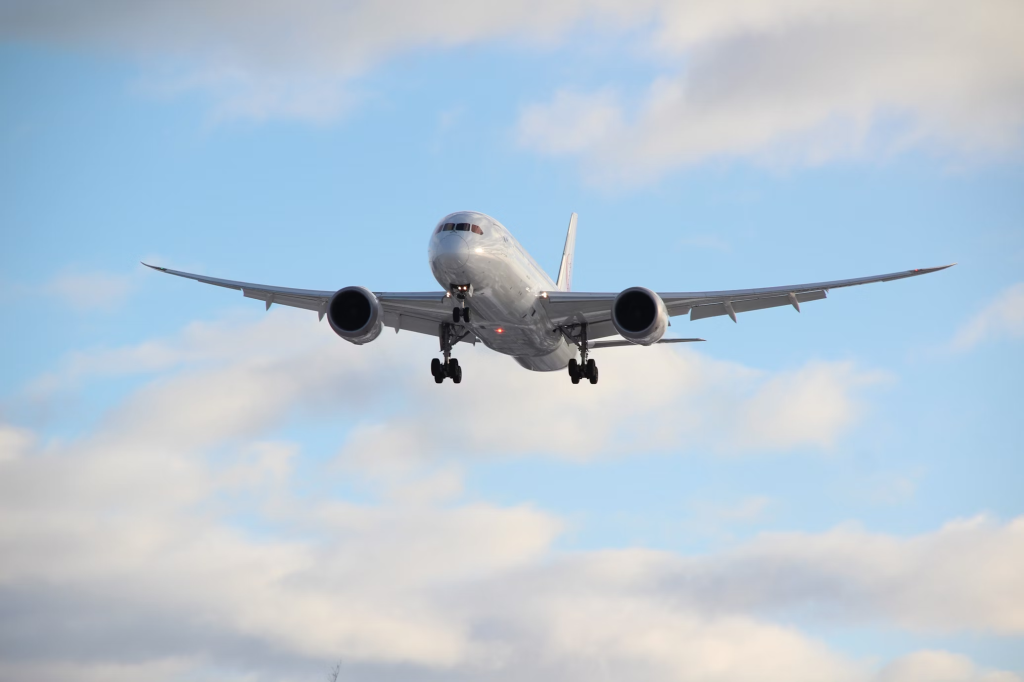
Boeing 787. Photo Artturi Jalli, Unsplash
By Christina Phillips
Boeing has released its third annual report about the company’s progress to strengthen product safety, with a focus on improving its safety culture and working across industry to reduce safety risk.
In a news release on May 24, Boeing said the report summarizes continued work on long-term initiatives with customers and across industry and changes the company is making that address recommendations by the Congressionally authorized and FAA-initiated expert panel.
“We are entrusted with the safety of all those who fly on, use, operate and maintain our products. Our actions are focused on making further improvements to ensure safety, compliance and conformance of our products and services, without compromise,” said Mike Delaney, Boeing Chief Aerospace Safety Officer. “Our commitment is to never forget our responsibility to make sure every action and decision bring lasting improvements to the safety and quality of our products and services.”
According to the news release, the 2024 CASO report includes Boeing long-term actions and milestones achieved over the last 12 months as follows:
Safety culture
- Since the 737-9 accident in January 2024, the company redoubled its efforts to encourage employees to raise concerns about product and services safety, quality and compliance. The result was a more than 500% increase in Speak Up reporting channel submissions in early 2024 compared to the same period in 2023.
- In 2023, Boeing introduced a digital learning platform – Safety Experience at Boeing – for employees to learn and apply safety lessons to their work.
- To supplement “Just Culture Essentials” leadership training introduced in 2021, Boeing launched “Just Culture Guiding Principles” last year for leaders and teams to create an environment where employees feel safe and empowered to report errors, enabling learning to prevent them from happening again.
Safety practices
- Established business unit Safety Management System Boards to identify, track and mitigate risks within their areas of operation.
- Expanded use of external safety data sources and worked with the FAA to develop machine-learning algorithms to identify emerging hazards and safety trends.
- Began a pathfinding effort to share additional operational data with engineering teams on how Boeing products are operating in the field, allowing design engineers to validate that designs are working as intended.
Collaborating for a safer industry
- Expanded Competency-Based Training & Assessment (CBTA) programs to five more airlines and a total of nine customers. This training approach melds competencies that include essential technical knowledge with leadership skills such as teamwork, communications and workload management to maximize product understanding.
- More than doubled the engagements by Boeing Flight Operations Representatives with airline flight crews. These representatives, which include pilots and other flight experts, assist aircrews of more than 170 global operators on safe and effective operation of their Boeing products.
The full CASO report is available at www.boeing.com/safety
